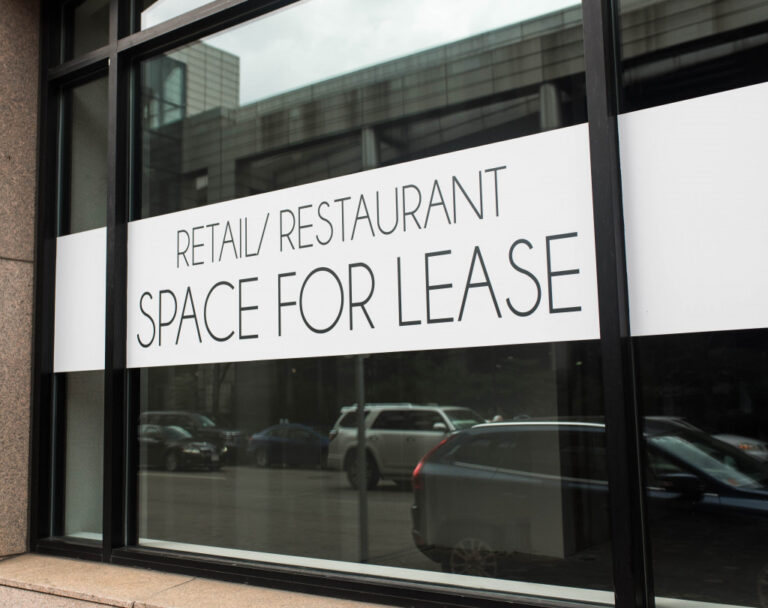- Create a restaurant concept and identify the target market.
- Conduct thorough market research to understand demand and competition.
- Develop a comprehensive business plan with details about the concept, target market, marketing strategies, financial projections, etc.
- Invest in quality equipment and automation solutions to speed up cooking processes while ensuring high food production standards.
- Build a strong team with the right people, provide comprehensive training, create an engaging work environment, and embrace digital tools.
Starting a restaurant business can be an exciting venture, but it also requires careful planning and execution. Several factors must be considered when embarking on this journey, from developing a concept to choosing the right location and menu. This guide will provide you with five tips to help you start a successful restaurant business. Whether you’re a passionate food enthusiast or an experienced entrepreneur, these tips will guide you through the initial stages and set you on the path to success.
1. Define Your Concept and Target Market
Before starting a restaurant, defining your concept and identifying your target market is crucial. Consider the type of cuisine you want to offer, the ambiance you want to create, and the unique selling points that will set your restaurant apart from the competition. Research your target market and understand their preferences, demographics, and dining habits. This information will help you tailor your menu, pricing, and overall experience to appeal to your intended audience.
2. Conduct Thorough Market Research

Market research is essential to assess the viability of your restaurant business. Analyze the local market to understand the demand for your cuisine, evaluate the competition, and identify any gaps or opportunities. Study consumer trends, dining preferences, and spending patterns in your area. This information will guide your menu development, pricing strategy, and marketing efforts. Additionally, consider conducting a feasibility study to determine the financial viability of your restaurant concept and estimate the initial investment required.
3. Create a Solid Business Plan
A well-crafted business plan is the foundation of a successful restaurant. Outline your mission, vision, and goals, and include a detailed description of your concept, target market, competitive analysis, marketing strategies, and financial projections. Your business plan will serve as a roadmap and help you secure funding from investors or financial institutions. It’s also an opportunity to define your brand identity, marketing strategies, and operational procedures.
4. Invest in Quality Equipment
Investing in high-quality restaurant kitchen equipment is essential for any successful food service business. Investing in top-of-the-line commercial and fast-food kitchen equipment will ensure that your restaurant is able to produce delicious dishes at a higher standard consistently. In addition, kitchen automation solutions can reduce downtime and improve efficiency in your operations. For instance, a countertop toaster and steamer can help speed up the cooking process, while a countertop grill is excellent for preparing burgers and sandwiches.
5. Build a Strong Team

A skilled and dedicated team is critical to the success of your restaurant. Remember that your team is the face of your restaurant, and their interactions with customers will impact the overall dining experience.
Here are tips for building a strong team:
Hire the Right People
To build a strong team, you must invest time and effort into hiring the right fit for your restaurant. Start by creating a detailed job description outlining the qualifications, experience, and skills needed for the position. Source from online job boards and local networks to find candidates with culinary backgrounds or customer service experience in similar establishments. During interviews, focus on interpersonal qualities such as enthusiasm, problem-solving abilities, adaptability, and communication skills to ensure they align with your restaurant’s values and mission.
Provide Comprehensive Training
Investing in comprehensive training initiatives is essential to building a successful team. Outline expectations up front regarding menu knowledge, food safety protocols, customer service, and cleanliness standards. Provide hands-on training in the kitchen or front of the house to familiarize employees with the restaurant’s operations and processes. Consider additional sources such as online tutorials or industry certification courses to enhance their knowledge and understanding further.
Foster an Engaging Work Environment
Promote a work environment that encourages team members’ collaboration, communication, and feedback. Set aside time for each department to discuss successes, challenges, and ideas for improvement. Schedule regular team-building activities such as potlucks or outings to help employees get to know each other better and strengthen relationships between departments. Celebrate accomplishments from individual staff members and collective achievements to show appreciation and promote team spirit.
Embrace Digital Tools
Utilize digital tools to simplify and streamline operational processes across the restaurant. Implement a point-of-sale system for easier ordering, payment processing, and inventory tracking. Use automation software to schedule shifts, track employee performance metrics, or monitor customer feedback. Introduce team chat applications for employees to quickly communicate with each other and management without using personal devices or text messages. Incorporating these digital solutions into your daily operations will help build an efficient and effective team.
Final Thoughts
Starting a restaurant business requires careful planning, market research, and strategic decision-making. By defining your concept and target market, conducting thorough market research, creating a solid business plan, investing in quality equipment, and building a strong team, you can set a strong foundation for your restaurant’s success. Remember that the restaurant industry is highly competitive, so continuous learning, adaptation, and innovation are key to staying ahead. Stay connected with industry trends, listen to customer feedback, and always strive to provide an exceptional dining experience. With dedication, passion, and the right strategies in place, your restaurant business can thrive and become a go-to destination for food lovers in your area.




